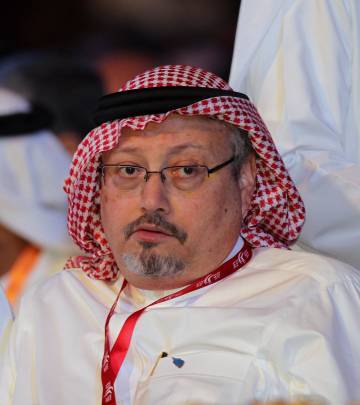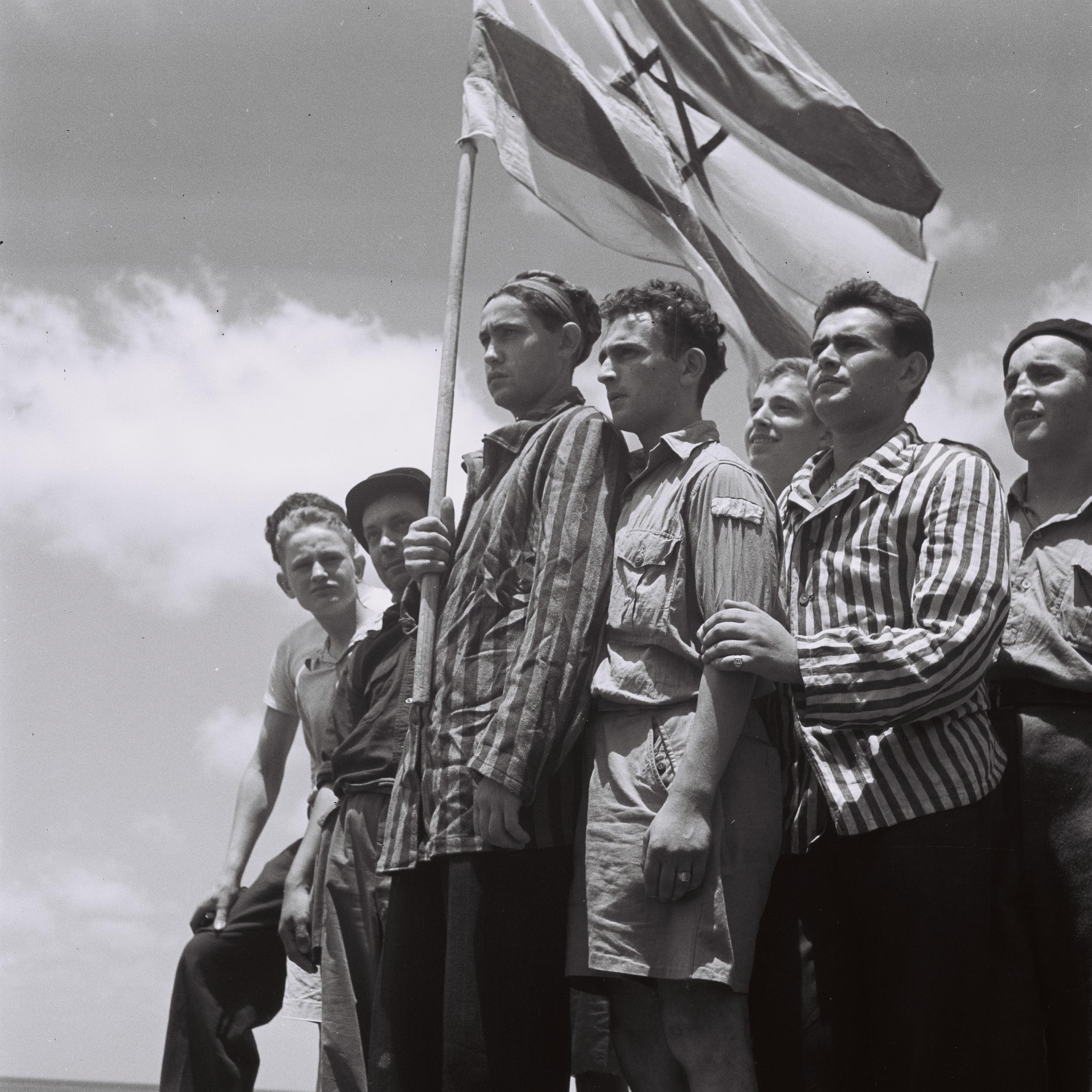There is turmoil in Iran and this is important because its position in the crossroads of the Islamic world, linking the Middle East, the Caucasus and South and Central Asia. Iran has suffered a recent serious attack in Iran's southeastern province that borders Pakistan that killed 27 Revolutionary Guard personnel. This happens against the background to the ethnic fragmentation of Iran, being the Sunni militant group Jaish al Adl (Army of Justice) - which seeks greater rights and better living conditions for the ethnic minority Baluchis - who claimed responsibility for the attack. The Baluchis are predominantly Sunni Muslims and in Iran, they number some two million.
In addition, the economy is in bad shape. Iran suffers the deepest economic recession in its recent history, with hundreds of factories closed, 12 million unemployed, galloping inflation and half the population below the poverty line, according to the Iranian Central Bank, despite the fact that in 2017, oil income was 55,000 million dollars, 45% more than in 2016. According to the World Bank estimations, unemployment among the young reached 30% in 2018. Unemployment among the women nearly double the one of men.
It is interesting to compare Iran with his Turkish neighbor, as both are large Muslim countries with a similar demographic growth. However, looking at the here below graphic, we can observe that the Turkish per capita income growth is much bigger.
If instead of the above data, but also from the World Bank databank, we take the GDP per capita in current US$, we will find that in 1986, a couple of years before the Islamic Revolution, Iran had $4,245 income and Turkey only $1,511. However, in 2017, whilst Iran only reached the $5,594, Turkey had a $10,546 income. Before the revolution, the minimum salary allowed to purchase some 74 kg of red meat, but currently is only allows to buy about 10 kg.
The US pressures Iran to take it out from its imperial adventures and nuclear ambitions, but today the main commercial partners of Iran are China and India. The Chinese supply some 13% of the Chinese imports and purchase about 28% of its exports. The Western Europeans are also a problem, because of the multimillion business that some of its corporations had in Iran. Amongst them, the French energy company Total, the Norwegian Saga Energy, Airbus, ATR, the German Siemens, the Italian FS, and the French Renault. US vicepresident Mike Pence has critized his European allies for undermining the sanctions imposed by his country against the Iranian theocracy. The US State Secretary Mike Pompeo has warned that it is impossible to achieve peace and stability in the Near East without confronting Iran. We think he is right.










